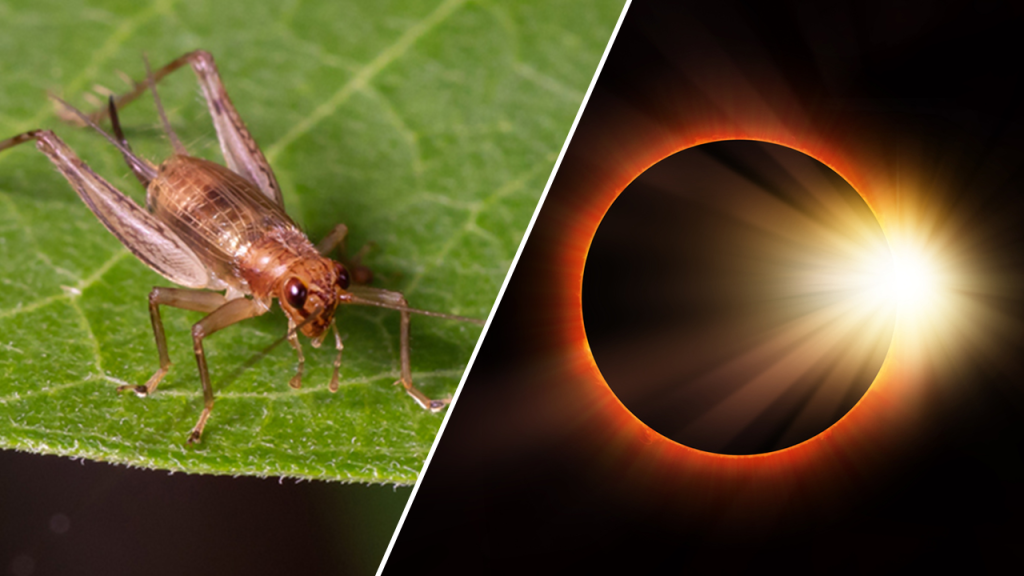NASA is seeking public assistance in its latest research project focusing on the expected earthly disturbances, including animal behavior during the 2024 solar eclipse in North America on April 8. The eclipse is expected to cause a shift in both physical and auditory animal behaviors as wild animals might react as if the day turned to night, causing birds to stop singing, crickets to start chirping, and bees to return to their hives. Given that solar eclipses are rare, NASA is calling for help through its Eclipse Soundscapes (ES) Project to better understand the impact of the eclipse on different ecosystems.
The ES project, funded by NASA Science Activation, started during the October 2023 annular eclipse, aiming to revisit a study from 1935 that revealed how animals react during an eclipse through collecting and compiling observations from game wardens, naturalists, and members of the public. While these unusual animal behaviors have been noted for centuries, their full impact on plant and animal life remains unclear. NASA hopes to use modern tools like the AudioMoth device to collect and record soundscape data on or near the eclipse path, as participants fulfill different roles including observer, data collector, data analyst, and facilitator after undergoing online training.
NASA is particularly interested in learning about cricket behavior during the eclipse and aims to answer questions like how different animals, both nocturnal and diurnal, might act or become more or less vocal during the event. Kelsey Perrett, communication coordinator for the Eclipse Soundscapes Project in Massachusetts, emphasized the need for data to answer these science questions properly, as contributions from citizen scientists across different ecosystems will help better understand the effects of the eclipse on Earth. The information collected through multisensory observations, including audio recordings and written accounts, will help researchers expand and replicate previous studies to gain more insights into animal behavior during a solar eclipse.
The ES project allows people to fill different roles like observer, data collector, data analyst, or facilitator after completing online training courses, collecting soundscape data and making observations during the eclipse. NASA stresses the importance of public contributions in answering critical questions about the eclipse’s impact on Earth’s life forms, aiming to gather as much data as possible to cover various ecosystems along the eclipse path. By combining efforts from participants and project partners, NASA can collect a more extensive range of data than would be possible through a single team, contributing significantly to the project’s success in exploring the effects of the 2024 solar eclipse on animal behavior and ecosystems.
In conclusion, NASA’s Eclipse Soundscapes Project is asking the public for assistance in better understanding the impact of the 2024 solar eclipse on animal behavior and ecosystems, particularly focusing on observing and collecting data on the soundscape during the event. By undertaking different roles within the project and contributing observations and audio recordings, participants can help researchers deepen their understanding of how solar eclipses influence life on Earth. Ultimately, the collaboration between NASA and citizen scientists will enable scientists to answer crucial questions about the eclipse’s effects on different animal and insect species and provide valuable insights for future research and conservation efforts.


